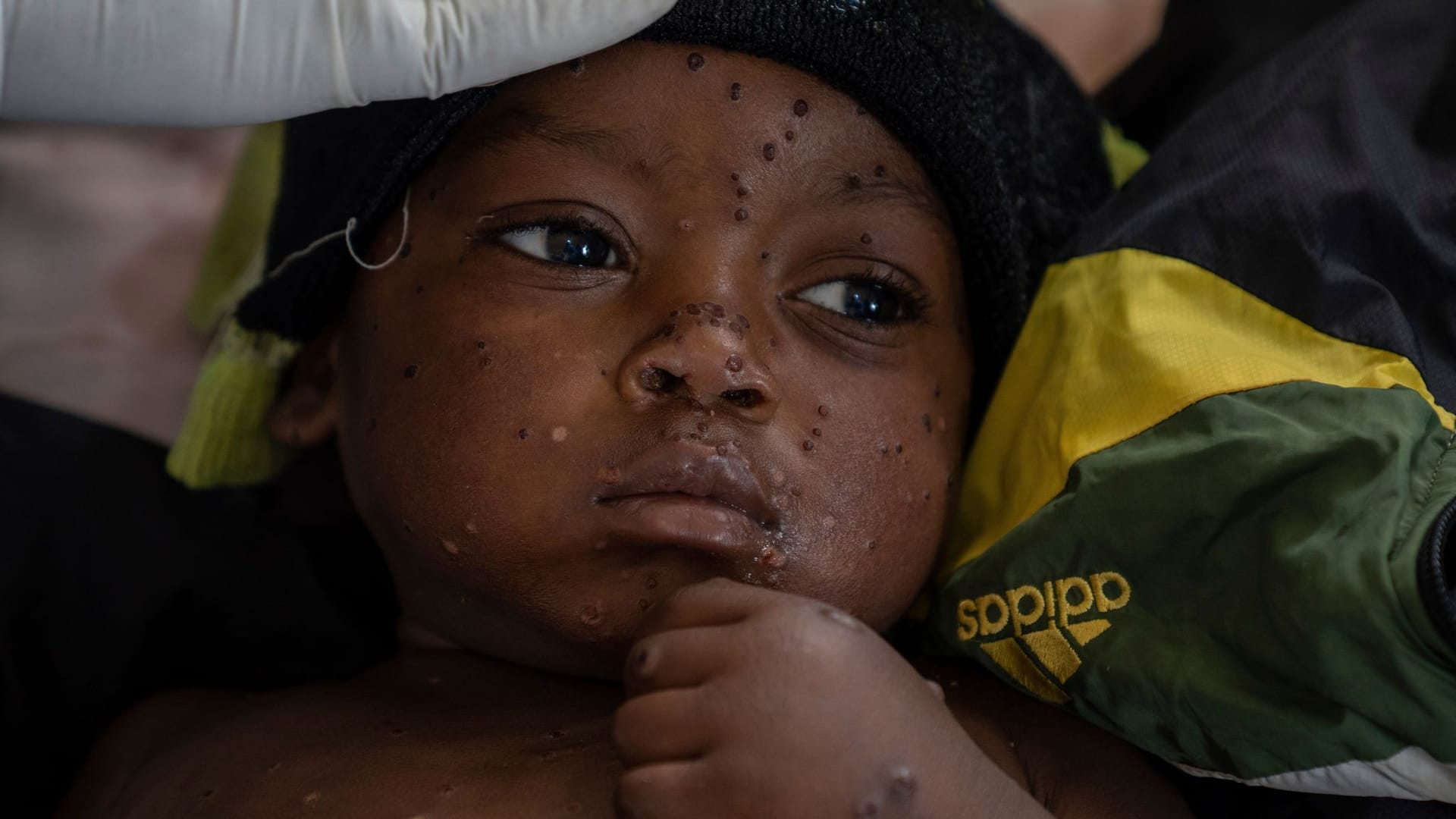Always threaten new epidemics
Expert warning: MPOX could become serious threat
Updated on 05.04.2025 – 4:00 a.m.Reading time: 4 min.


It’s far away, this MPOX. Or? Experts warn that the virus is not committed as a global community.
A British research duo in the specialist magazine “Nature Medicine” warns that it could make MPOX too careful with a serious global health threat. Although no clear prediction on development and effects is possible, there are clear indications of a high epidemic or even pandemicism.
This included the ability of the virus to be transferred from person to person, the four independent outlets of different virus shops and the extraordinarily high rate of transitions of the Klade Ia from animal to humans.
The currently circulating MPOX variants are mainly transferred from person to person through close physical contact, especially during sex. The infection is currently concentrating on certain African countries. However, the State Office of Health and Social Affairs (Lageso) in Berlin recently reported that more than four times as many people have been infected with MPOX in the capital since the beginning of the year as in the two years before.
43 cases were reported by March 23. Only men are affected, on average 34 years old. And relaxation is not to be expected for the coming months: “In the past few years, international major events and festivals for gays and other men who have sex with men have contributed to longer transmission chains in spring and early summer,” said the LAGESO.
In contrast to the decades, intimate contacts are now an important distribution type of the virus, explained Carlos Maluquer de Motes from the University of Surrey in Guildford. “This change in the type of transmission leads to longer transmission chains and continuing outbreaks.”
So far, 154 cases have been sent to the RKI throughout Germany (as of 3.4,2025). Experts assume, among other things, because of the stigma associated with the disease, a high number of incredible cases. There were no deaths in this country. The virus causes a typical rash, but also fever and muscle pain. Serious courses can occur, especially in children and immunodized people.
Maluquer de Motes is convinced that the fighting of MPOX must move up on the global health aga. So far, only limited diagnostic instruments and even less antiviral treatments have been available. “We urgently need better surveillance and local or regional capacities to produce what we need – otherwise we will risk future epidemics.”
The virus seems to develop specific genetic mutations that are triggered by enzymes in the human body and change the viral properties, explains the virus researcher together with David Ulaeto from the CBR Division, Defense Science and Technology Laboratory in Salisbury in “Nature Medicine”. “The longer these viruses circulate among us, the greater the likelihood that these mutations contribute to the fact that MPOX adapts to humans.”
The MPOX caused virus is native to West and Central Africa and belongs to the same virus family as the one that used to trigger the smallpox. For a long time, the smallpox were one of the most dangerous diseases for humans, a large part of those affected died of the infection. Vaccination campaigns brought the rescue, the world has been considered to be smaller since 1980. These vaccines also protected from MPOX.
Since they were no longer needed, protection against MPOX, formerly called monkeys worldwide. In the past decades there have been increasing transfers by infected animals such as rodents and monkeys – and subsequently also to transfers from people to person. In 2003 the pathogen was first detected outside of Africa. In 2022 there was the first global outbreak of the disease with a focus in Europe and North America.
There are currently outbreaks in Africa with four variants of the pathogen, Klade 1a, 1b, 2a and 2b. The joint spread of the Kladen IA and IB in Kinshasa (Democratic Republic of Congo) means direct competition between the variants and is a potential engine for evolution and adaptation, the two experts point out. They see the danger that a type of virus in particular could cause Klade I a new but more comprehensive global outbreak.











